 PART 1
PART 1
Orientations
The Modern World and Traditional Man

This book sets out to study some of the ways in which the present age appears essentially as an age of dissolution. At the same time, it addresses the question of what kind of conduct and what form of existence are appropriate under the circumstances for a particular human type.
This restriction must be kept in mind. What I am about to say does not concern the ordinary man of our day. On the contrary, I have in mind the man who finds himself involved in todays world, even at its most problematic and paroxysmal points; yet he does not belong inwardly to such a world, nor will he give in to it. He feels himself, in essence, as belonging to a different race from that of the overwhelming majority of his contemporaries.
The natural place for such a man, the land in which he would not be a stranger, is the world of Tradition. I use the word tradition in a special sense, which I have defined elsewhere. In this particular meaning, a civilization or a society is traditional when it is ruled by principles that transcend what is merely human and individual, and when all its sectors are formed and ordered from above, and directed to what is above. Beyond the variety of historical forms, there has existed an essentially identical and constant world of Tradition. I have sought elsewhere to define its values and main categories, which are the basis for any civilization, society, or ordering of existence that calls itself normal in a higher sense, and is endowed with real significance.
Everything that has come to predominate in the modern world is the exact antithesis of any traditional type of civilization. Moreover, the circumstances make it increasingly unlikely that anyone, starting from the values of Tradition (even assuming that one could still identify and adopt them), could take actions or reactions of a certain efficacy that would provoke any real change in the current state of affairs. After the last worldwide upheavals, there seems to be no starting point either for nations or for the vast majority of individualsnothing in the institutions and general state of society, nor in the predominant ideas, interests, and energies of this epoch.
Nevertheless, a few men exist who are, so to speak, still on their feet among the ruins and the dissolution, and who belong, more or less consciously, to that other world. A little group seems willing to fight on, even in lost positions. So long as it does not yield, does not compromise itself by giving in to the seductions that would condition any success it might have, its testimony is valid. For others, it is a matter of completely isolating themselves, which demands an inner character as well as privileged material conditions, which grow scarcer day by day. All the same, this is the second possible solution. I would add that there are a very few in the intellectual field who can still affirm traditional values beyond any immediate goal, so as to perform a holding action. This is certainly useful to prevent current reality from shutting off every horizon, not only materially but also ideally, and stifling any measures different from its own. Thanks to them, distances may be maintainedother possible dimensions, other meanings of life, indicated to those able to detach themselves from looking only to the here and now.
But this does not resolve the practical, personal problemapart from the case of the man who is blessed with the opportunity for material isolationof those who cannot or will not burn their bridges with current life, and who must therefore decide how to conduct their existence, even on the level of the most elementary reactions and human relations.
This is precisely the type of man that the present book has in mind. To him applies the saying of a great precursor: The desert encroaches. Woe to him whose desert is within! He can in truth find no further support from without. There no longer exist the organizations and institutions that, in a traditional civilization and society, would have allowed him to realize himself wholly, to order his own existence in a clear and unambiguous way, and to defend and apply creatively in his own environment the principal values that he recognizes within himself. Thus there is no question of suggesting to him lines of action that, adequate and normative in any regular, traditional civilization, can no longer be so in an abnormal onein an environment that is utterly different socially, psychically, intellectually, and materially; in a climate of general dissolution; in a system ruled by scarcely restrained disorder, and anyway lacking any legitimacy from above. Thence come the specific problems that I intend to treat here.
There is an important point to clarify at the outset regarding the attitude to be taken toward survivals. Even now, especially in Western Europe, there are habits, institutions, and customs from the world of yesterday (that is, from the bourgeois world) that have a certain persistence. In fact, when crisis is mentioned today, what is meant is precisely the bourgeois world: it is the bases of bourgeois civilization and society that suffer these crises and are struck by dissolution. This is not what I call the world of Tradition. Socially, politically, and culturally, what is crashing down is the system that took shape after the revolution of the Third Estate and the first industrial revolution, even though there were often mixed up in it some remnants of a more ancient order, drained of their original vitality.
What kind of relationship can the human type whom I intend to treat here have with such a world? This question is essential. On it depend both the meaning to be attributed to the phenomena of crisis and dissolution that are ever more apparent today, and the attitude to be assumed in the face of them, and toward whatever they have not yet undermined and destroyed.
The answer to this question can only be negative. The human type I have in mind has nothing to do with the bourgeois world. He must consider everything bourgeois as being recent and antitraditional, born from processes that in themselves are negative and subversive. In many cases, one can see in the present critical phenomena a kind of nemesis or rebound effect. Although I cannot go into details here, it is the very forces that, in their time, were set to work against the previous, traditional European civilization that have rebounded against those who summoned them, sapping them in their turn and carrying to a further degree the general process of disintegration. This appears very clearly, for example, in the socioeconomic field, through the obvious relationship between the bourgeois revolution of the Third Estate and the successive socialist and Marxist movements; through democracy and liberalism on the one hand, and socialism on the other. The first revolution simply prepared the way for the second, whereupon the latter, having let the bourgeoisie perform that function, aimed solely at eradicating them.
In view of this, there is one solution to be eliminated right away: the solution of those who want to rely on what is left of the bourgeois world, defending and using it as a bastion against the more extreme currents of dissolution and subversion, even if they have tried to reanimate or reinforce these remnants with some higher and more traditional values.


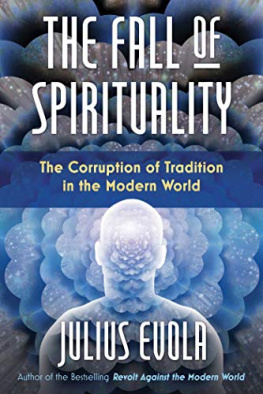
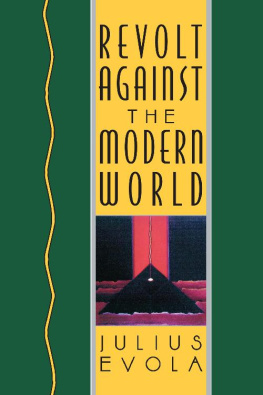
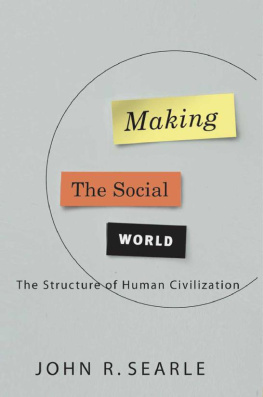
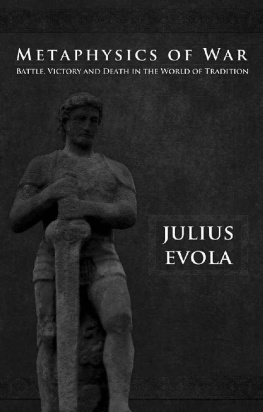
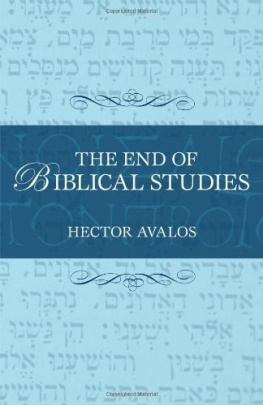
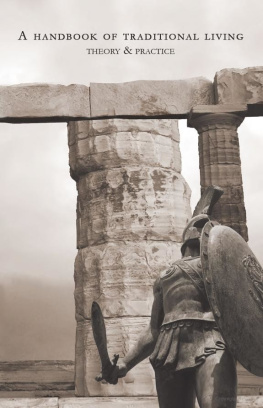
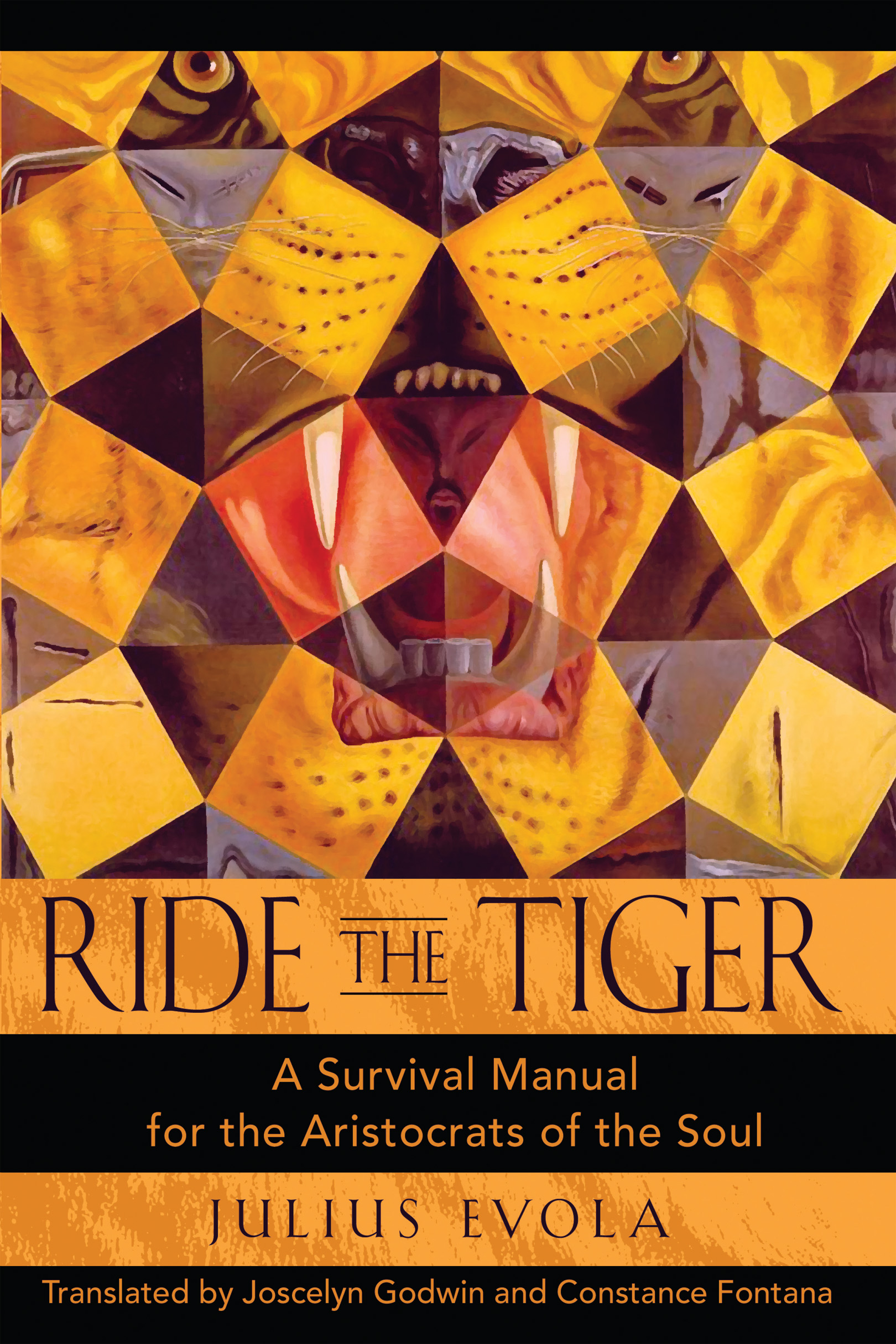
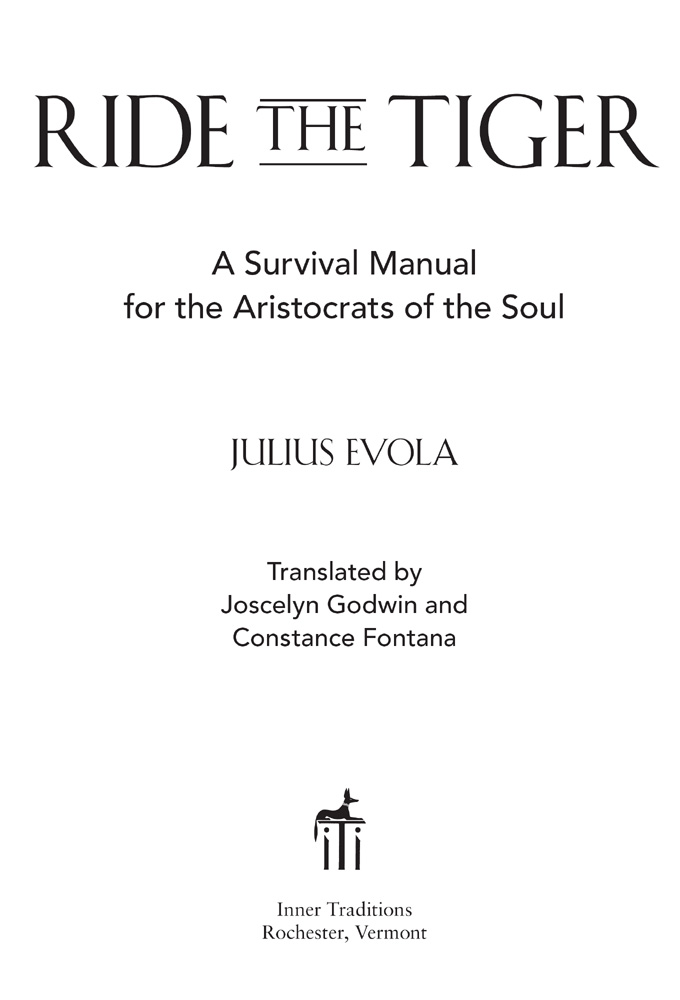
 PART 1
PART 1